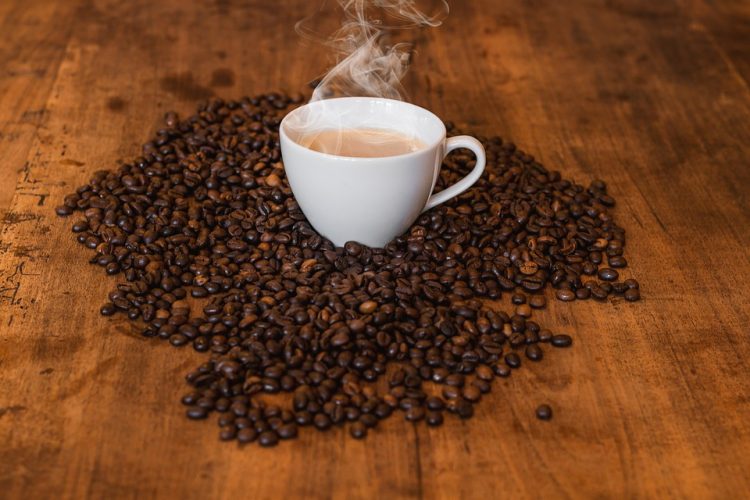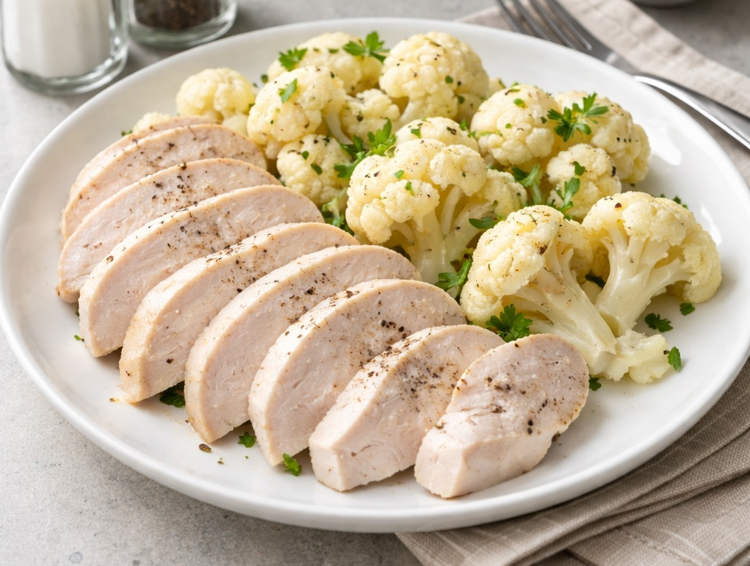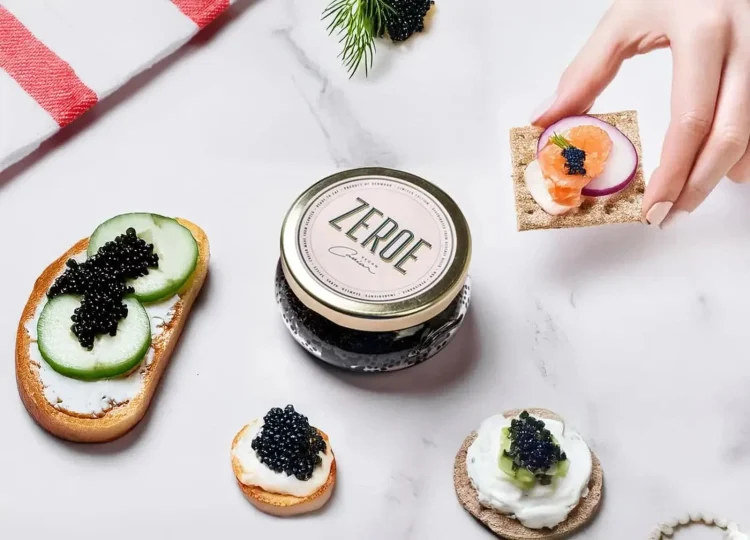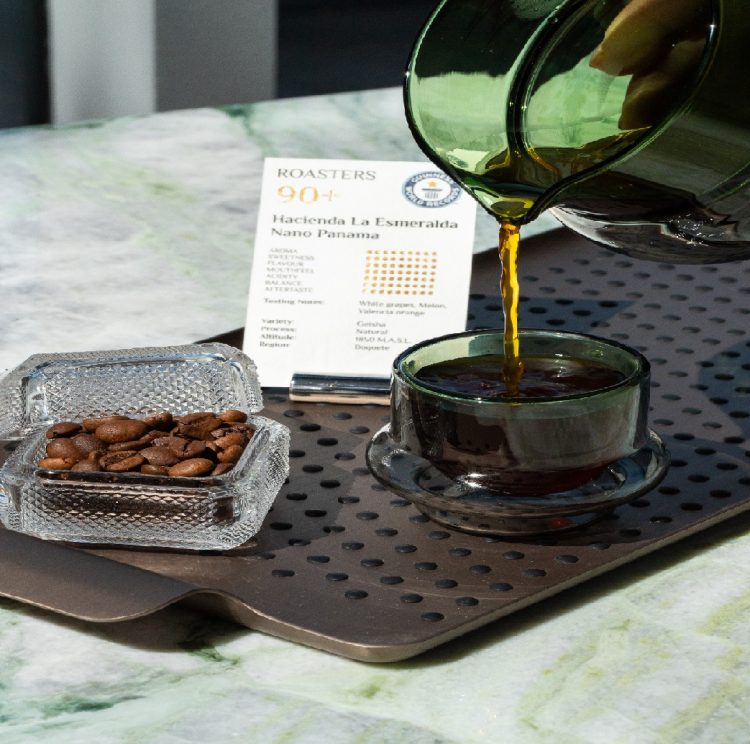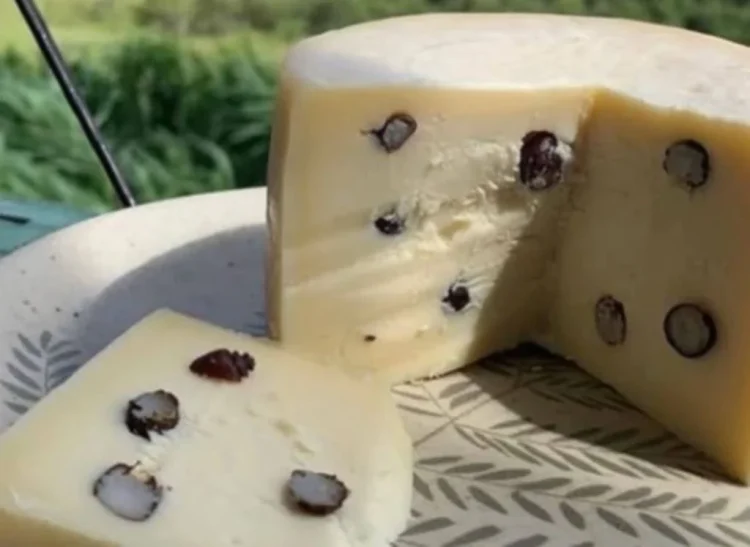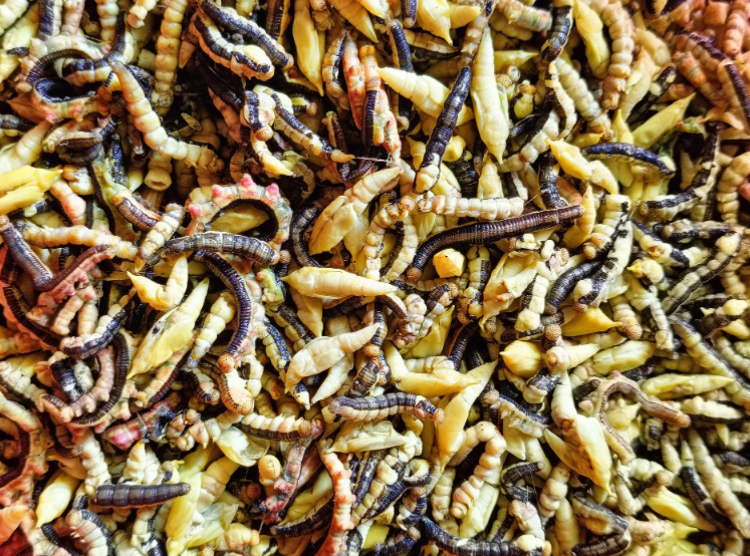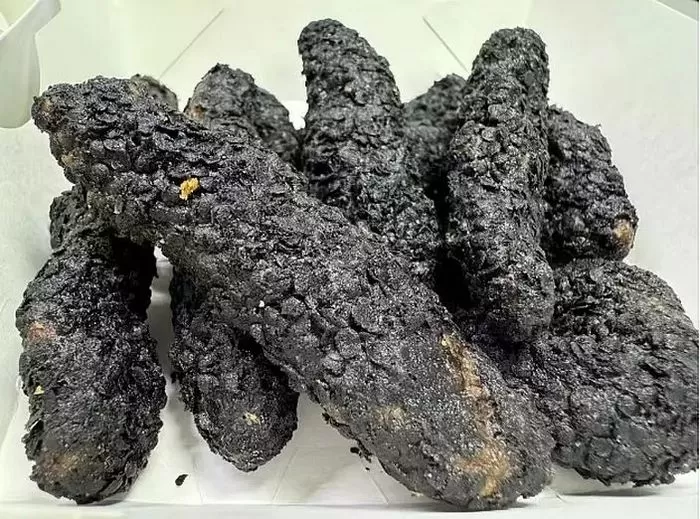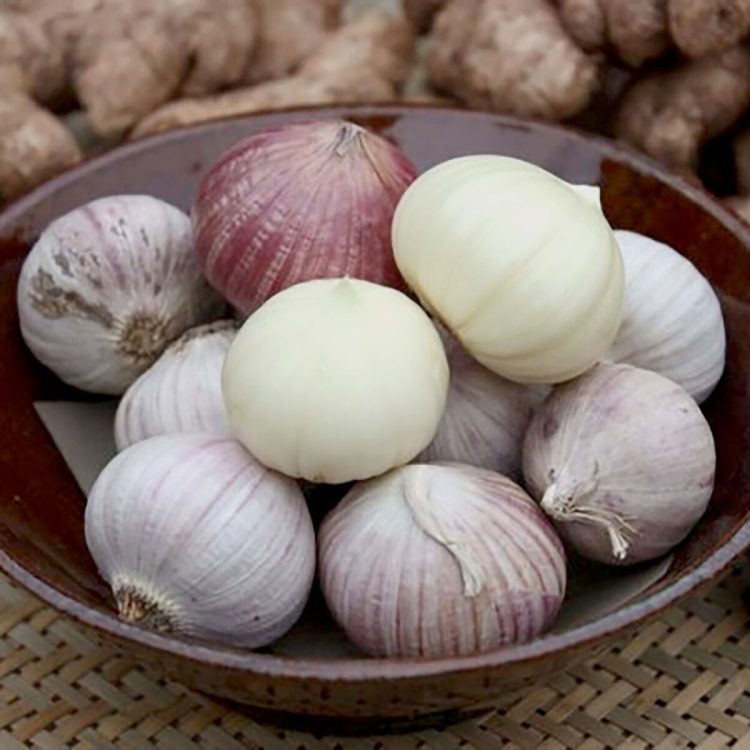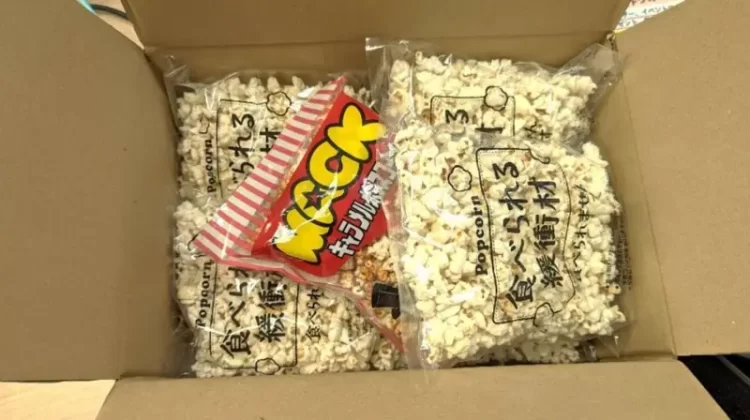Jacu Bird Coffee is one of the world’s rarest and most expensive coffee varieties. It is made from coffee cherries ingested, digested and excreted by Jacu birds.
At around 50 hectares, the Camocim Estate is one of the smallest coffee plantations in Brazil, but it still manages to rake it quite a nice profit thanks to a very unique and sought-after type of coffee. It all started in the early 2000s, when Henrique Sloper de Araújo woke up to find that his precious plantations had been overrun by Jacu birds, an endangered, pheasant-like bird species, protected in Brazil. They weren’t known to be coffee cherry fans, but they seemed to love de Araújo’s organic coffee. But they were going to pay him back for the meal in the most unusual way.
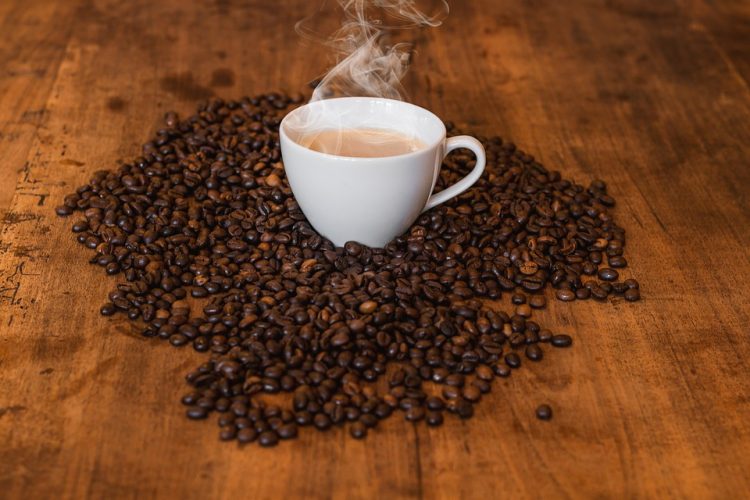
Photo: TeeFarm/Pixabay
At first, Henrique Sloper de Araújo was desperate to drive the birds away from his plantation, and even called the environmental police about it, but there was nothing anyone could do to help. The bird was protected by law, so he couldn’t really hurt them in any way. But then a light bulb turned on in his head, and the desperation turned to excitement.
In his youth, Sloper had been an avid surfer, and his pursuit of waves to ride had once taken him to Indonesia, where he was introduced to kopi luwak, one of the world’s most expensive coffees, made from coffee beans harvested from the poop of Indonesian civets. This gave the landowner an idea. If Indonesians could harvest coffee cherries from the poop of civets, he could do the same with the poop of Jacu birds.
View this post on Instagram
“I realized I could try something similar with Camocim and the Jacu bird, but coming up with the idea was only half the battle,” de Araújo told Modern Farmer. “The real challenge lay in convincing my coffee pickers that instead of berries, they needed to be hunting for bird-shit.”
Apparently, Sloper had to turn the hunt for Jacu bird poop into a treasure hunt for the workers, providing them financial incentives for finding a certain quantity of excreted coffee beans. There was no other way to change their mindset.
View this post on Instagram
But collecting the Jacu bird poop was only the beginning of a very laborious process. The coffee cherries then had to be extracted from the poop by hand, washed, and de-husked from their protective membranes. It’s this painstaking work that makes Jacu bird coffee considerably more expensive than other coffee varieties, but it’s not the only thing.
Henrique Sloper de Araújo credits the Jacu birds for the excellent taste of his gourmet coffee, as they only eat the best, most ripe coffee cherries they find, something that he observed firsthand.
View this post on Instagram
“I watched open-mouthed from my living room as the Jacu bird selected only the ripest berries, leaving over half the bunch, even those that looked perfect to the human eye,” the owner of Camocim Estate said.
Unlike the kopi luwak coffee digested by Indonesian civets, beans move more quickly through the Jacu birds’ digestive system and aren’t degraded by animal proteins or stomach acids. The resulted cherries are roasted, and the brew from them reportedly has a unique, nutty flavor with nuances of sweet aniseed.
View this post on Instagram
Bothe because of its quality and its scarcity, Jacu bird coffee is one of the most expensive coffee varieties in the world, selling for around $1,000 per kilogram.

